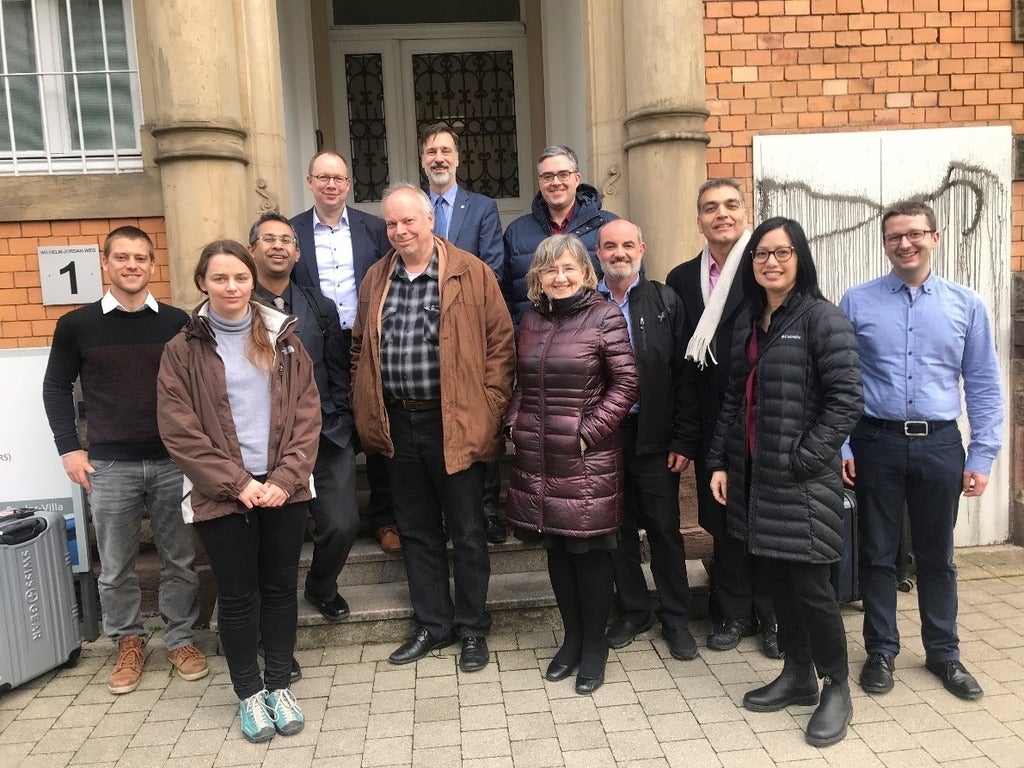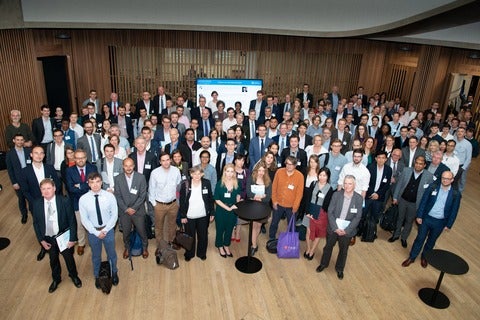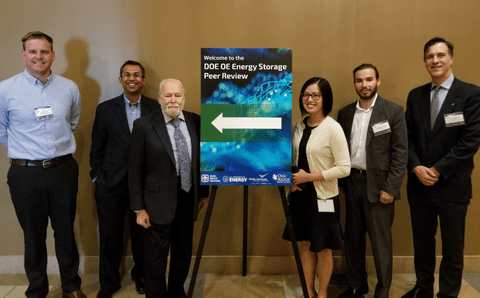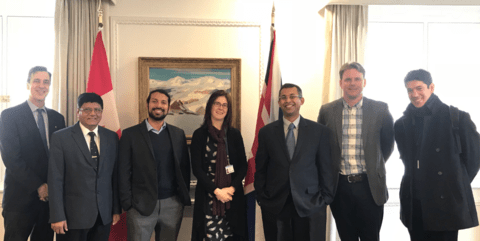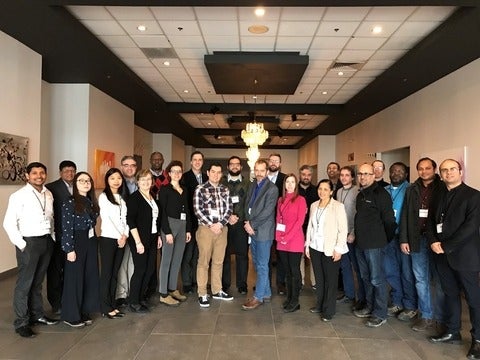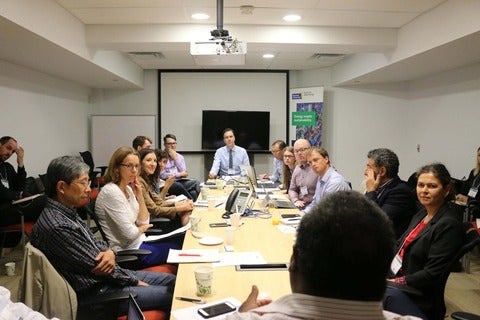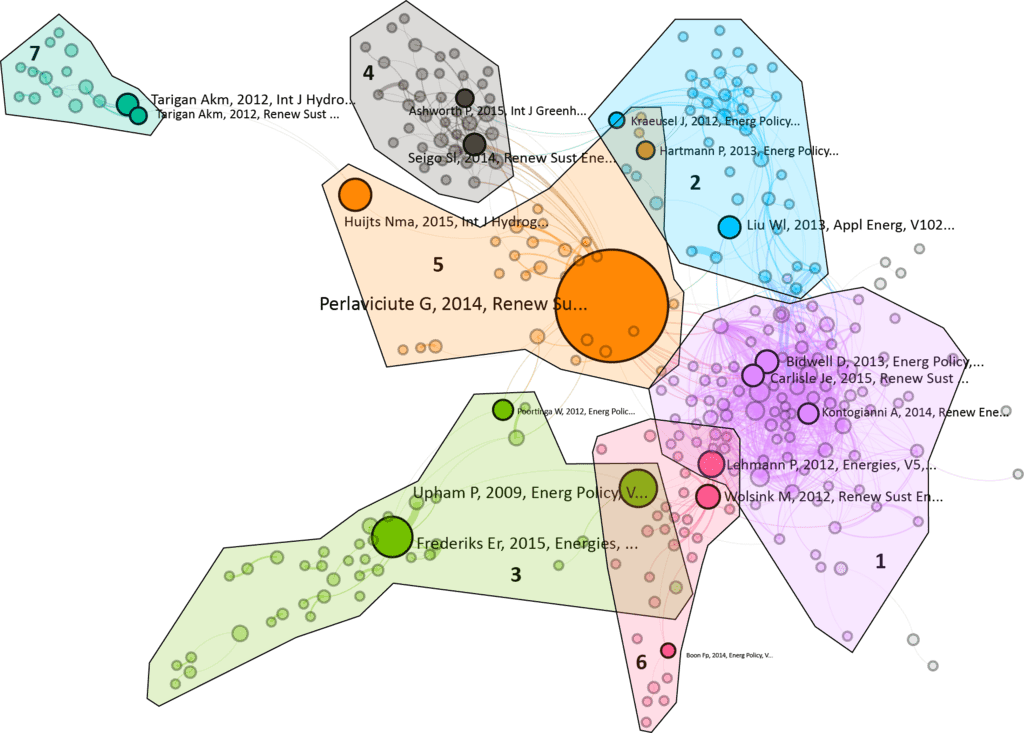NESTNet Internationalization: Building Connections in Denmark and Germany
In March 2019, seven members of the NSERC Energy Storage Technology (NEST) Network travelled to Central Europe to visit researchers in Denmark and Germany. The trip was part of the NEST Network’s broader internationalization strategy – to make connections with like-minded researchers world-wide to promote the sharing of information, to grow student mobility, and to augment collaborative scientific investigations.
